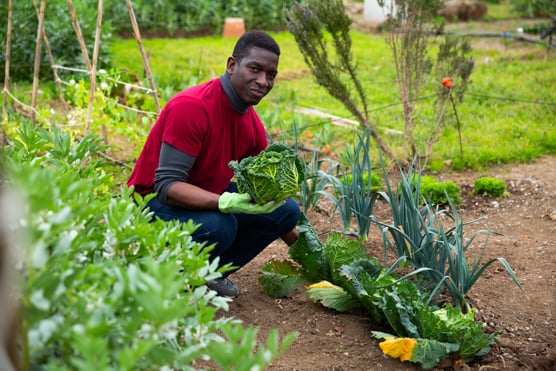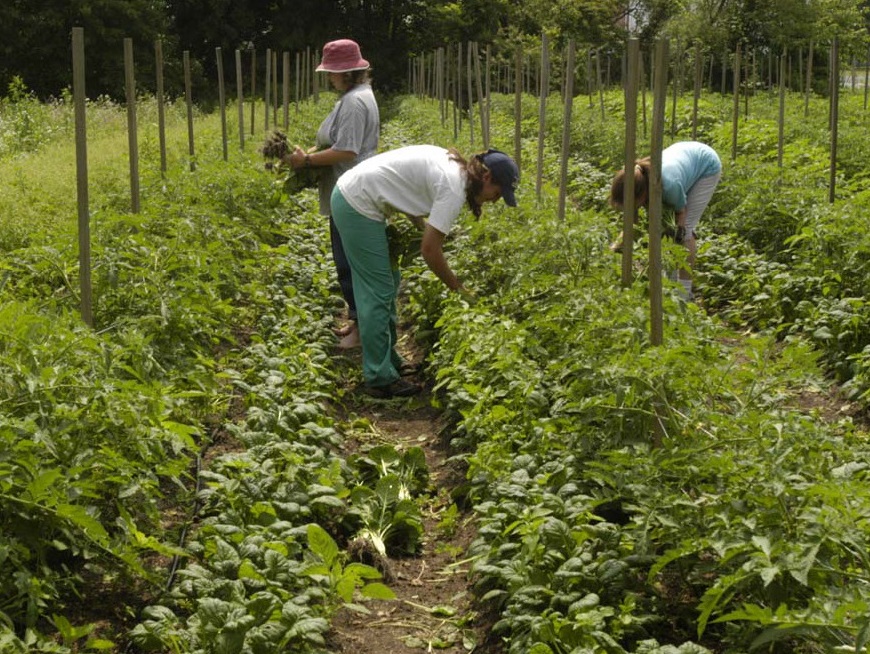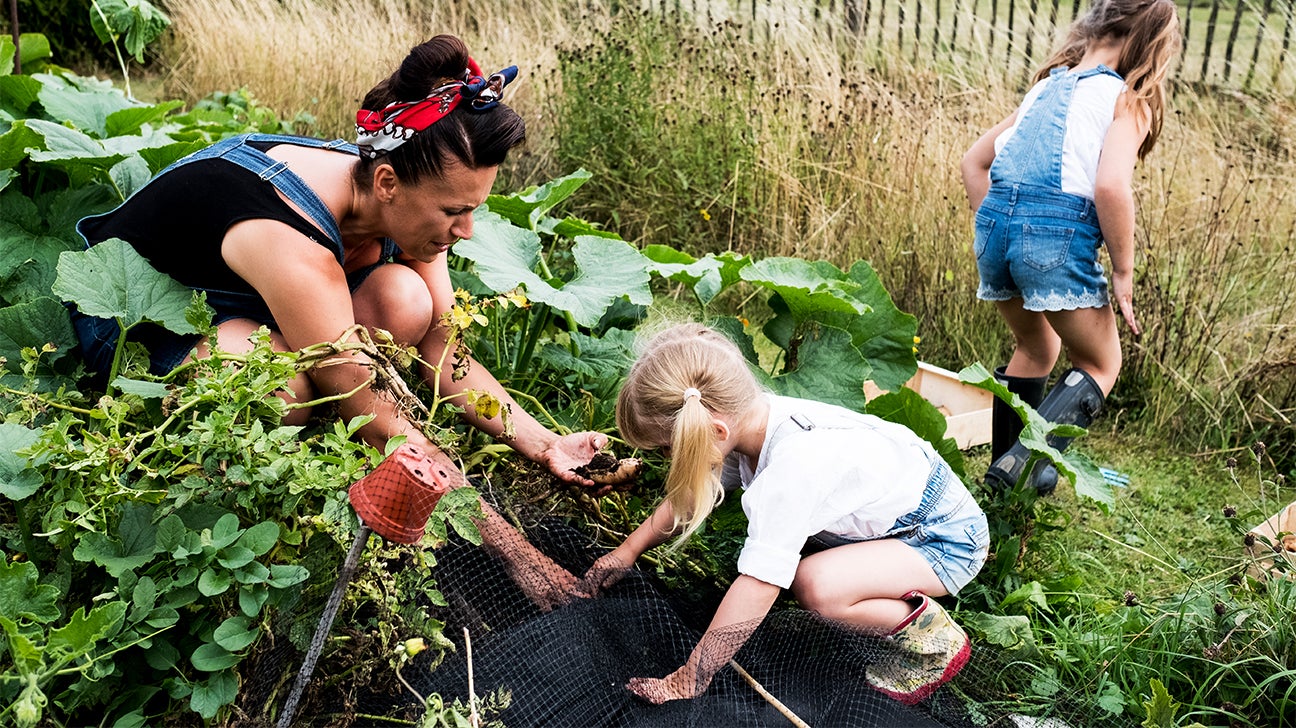Seasonal Gardening Tips: What to Plant and When for Ideal Outcomes
Seasonal Gardening Tips: What to Plant and When for Ideal Outcomes
Blog Article
Unlocking the Conveniences of Horticulture: A Comprehensive Look at the Different Types and Their Influence On Wellness
Discovering the complex advantages of horticulture exposes a spectrum of methods that substantially enhance individual well-being. From veggie and natural herb yards to container and increased bed configurations, each type uses distinctive benefits that prolong beyond mere cultivation. These tasks not just foster physical health and wellness with energetic interaction however also contribute to psychological health by minimizing stress and encouraging mindfulness. As we check out these varied gardening methods, it becomes noticeable that their influence can resonate on individual, social, and environmental degrees, prompting a closer consider just how these connections form a natural narrative of holistic health.
Sorts Of Gardening

Flower horticulture, one more prominent classification, highlights the aesthetic allure of grown blooms. This kind can boost landscapes and promote biodiversity by attracting beneficial pollinators. Natural herb horticulture involves expanding aromatic and cooking plants, contributing both to food preparation and all-natural solutions.
Container gardening offers versatility, enabling people with limited room to engage in horticulture by utilizing pots and planters. This technique is particularly preferred in urban setups. Raised bed horticulture, on the other hand, includes creating raised plots that boost soil water drainage and availability, making it simpler for garden enthusiasts to manage their plants.
Finally, neighborhood gardening promotes cooperation among people in common spaces, advertising social communication and collective responsibility. Each type of horticulture serves unique objectives and deals with different choices, making horticulture a flexible activity that can be tailored to specific demands and settings.
Mental Health And Wellness Advantages
Involving in various kinds of horticulture not just yields tangible incentives such as fresh produce and beautiful flowers however additionally offers considerable psychological wellness advantages. Research study shows that gardening can be a powerful tool for minimizing stress and anxiety, anxiety, and depression. The act of having a tendency to plants and cultivating a yard fosters a sense of purpose and achievement, which can improve general psychological wellness.
In addition, horticulture motivates mindfulness, as it needs people to concentrate on today minute, whether it be growing seeds or supporting growth. This mindfulness practice can result in decreased rumination and enhanced mood stability. The exposure to natural environments throughout horticulture has actually likewise been linked to enhanced cognitive functioning and decreased sensations of exhaustion.
Social communication plays an important function in mental health, and community horticulture campaigns supply chances for individuals to connect with others, promoting a sense of belonging. The shared experience of horticulture can grow friendships and assistance networks, better strengthening psychological strength.
Physical Health Perks
Many individuals might not realize that horticulture also supplies substantial physical health and wellness advantages. Taking part in gardening tasks requires a variety of physical activities, including flexing, training, digging, and planting, which jointly contribute to improved stamina, adaptability, and endurance. These actions can boost cardiovascular wellness by advertising an elevated heart rate, consequently reducing the risk of heart problem.
In addition, horticulture can offer as a moderate-intensity exercise, helping individuals accomplish advised physical task levels. Studies suggest that normal participation in gardening can shed considerable calories-- about 200-400 calories per hour, relying on the intensity of the tasks performed. Such calorie expense is advantageous for weight administration and general metabolic wellness.
In addition, direct exposure to sunshine throughout horticulture can promote the synthesis of vitamin D, which plays a crucial duty in maintaining bone wellness and sustaining immune feature. In addition, the act of horticulture often includes collaborating with soil, which has actually been connected to possible psychological and physical wellness benefits due to the presence of advantageous bacteria. Gardening.
Social Connections Via Horticulture
The common elements of gardening foster meaningful social links amongst individuals. Neighborhood gardens, specifically, function as lively hubs where people from varied backgrounds collaborated, growing not just plants but additionally partnerships. These shared spaces urge partnership, allowing people to trade expertise, abilities, and resources, therefore improving their gardening experience and cultivating a sense of belonging.
Involvement in gardening activities commonly leads to the formation of relationships and support networks. Individuals frequently join for typical objectives, such as planting periods, harvest celebrations, or academic workshops, which strengthen social ties and produce a feeling of neighborhood. Such communications can ease feelings of isolation and boost mental health, as individuals discover friendship and friendship in common ventures.

Ecological Effect of Gardening
Horticulture substantially adds to environmental sustainability in numerous ways. Home yards provide crucial habitats for different varieties, including pollinators such as and butterflies, which are vital for ecosystem health and wellness.

Additionally, gardens play an essential duty in water preservation. Well-planned landscapes, consisting of indigenous plants and xeriscaping, decrease water use and stop runoff, therefore securing local rivers from contamination.
Final Thought

The diverse types of gardening-- consisting of veggie, blossom, natural herb, container, and raised bed-- contribute to mental additional reading and physical health and wellness, foster social links, and advertise ecological sustainability. By involving in gardening methods, people can experience improved top quality of life while likewise supporting neighborhood bonds and environmental wellness.
Report this page